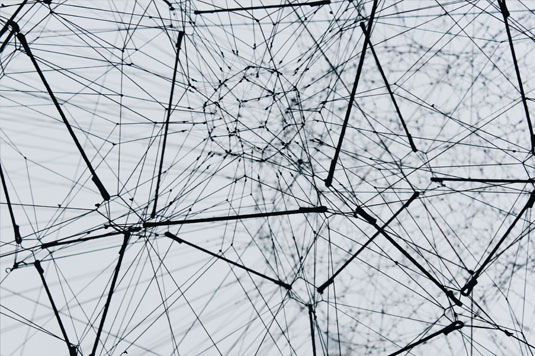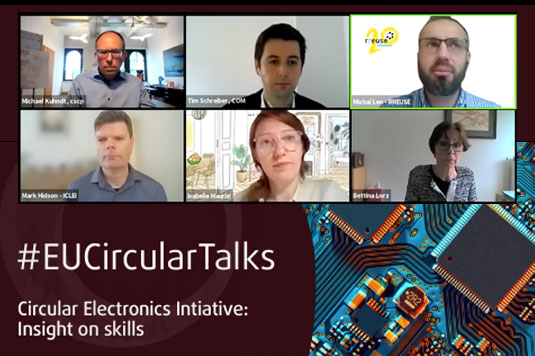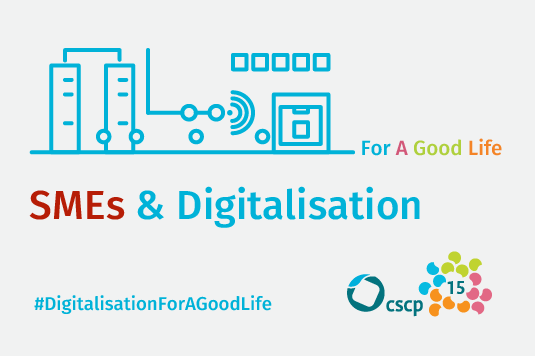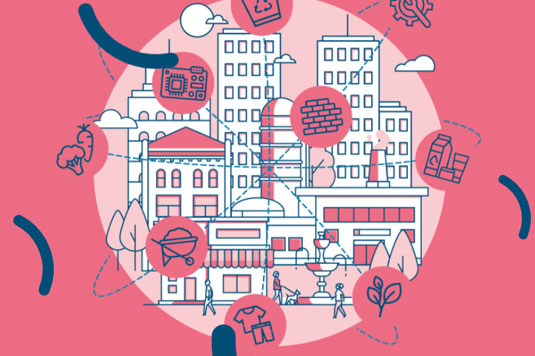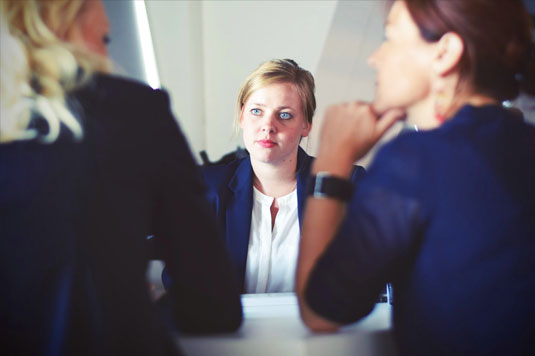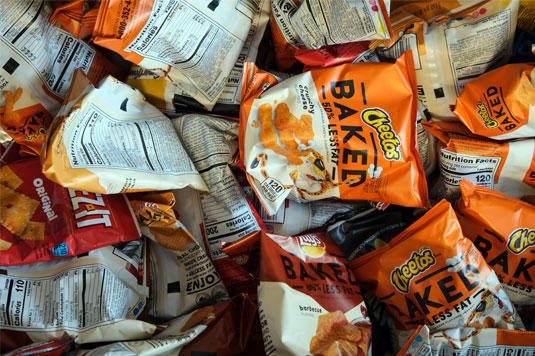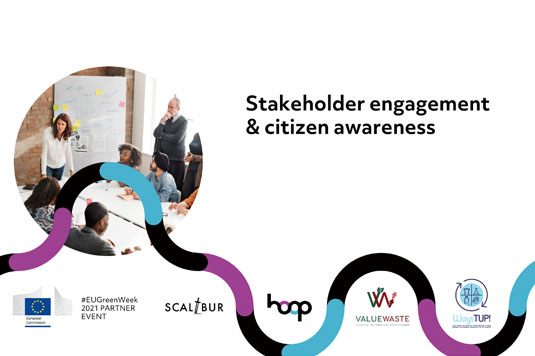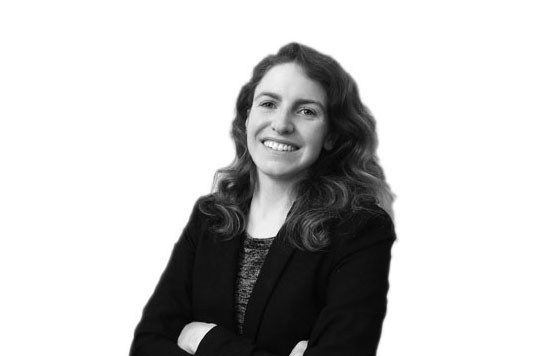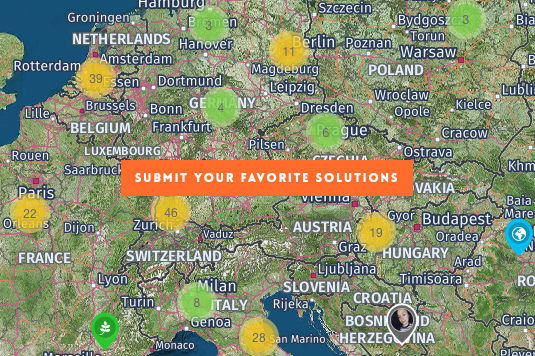
CSCP News | Posted June 22, 2021
Are You Working on a Project to #MoveTheDate of the German and Earth Overshoot Day? Let us know!
May 5, 2021 marked the German Overshoot Day. This means that between 1 January and 5 May, German residents have used as much ecological resources and services as the planet is able to renew per person in the entire year. The Earth Overshoot Day for 2021 falls on 29 July, which is almost as early as it was on 2019, after being momentarily pushed back in 2020 as an effect of the pandemic lockdowns. Many civil society projects are showcasing what we all can do to #MoveTheDate. Show the world how you’re moving the date by sharing your solutions with […]

